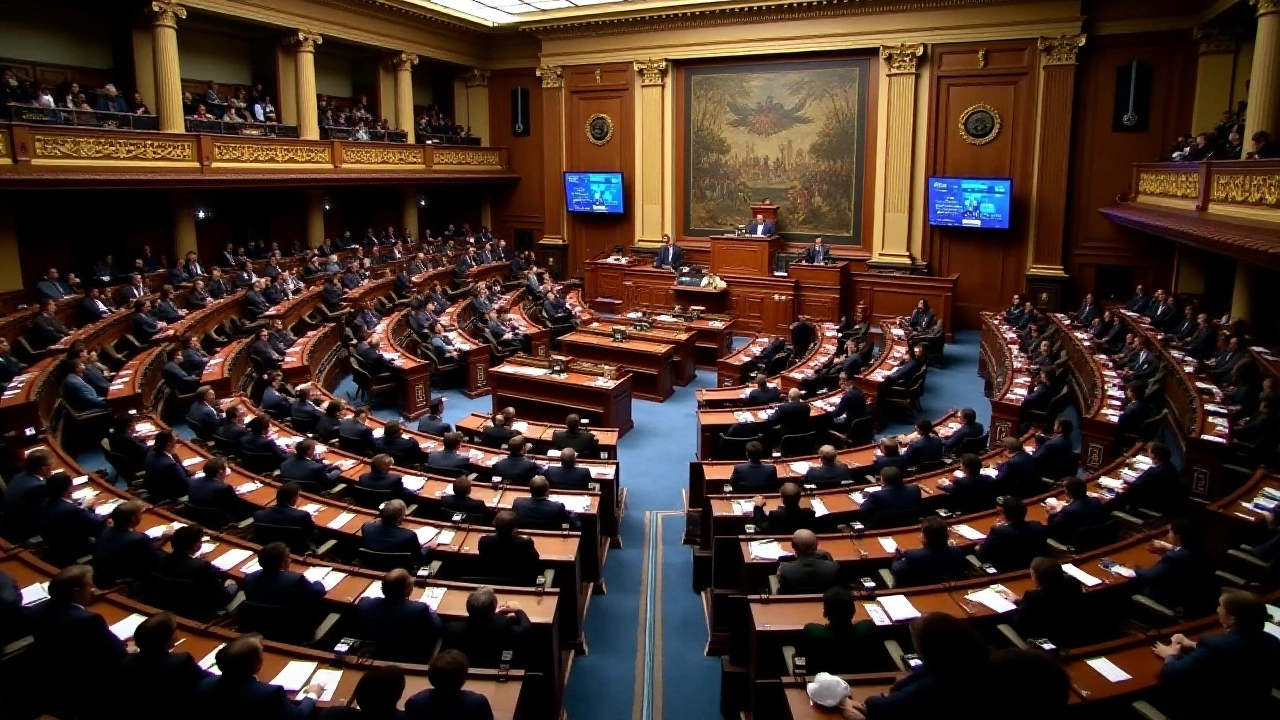What Is a No-Confidence Vote and Why Should You Care?
A no-confidence vote is a powerful tool used in politics, especially within parliamentary systems. Basically, it’s a formal way for lawmakers to say, "We don’t trust the current government or its leader anymore." When this vote passes, it can mean the government has to step down or call new elections. For many countries, including South Africa, this vote keeps leaders accountable and ensures they have the support to govern effectively.
In South Africa, the no-confidence vote is part of how parliament holds the executive branch responsible. If the president or any government leader loses such a vote, it signals serious trouble. This process is more than just a political game; it’s about making sure leaders work for the people and stick to their promises.
How Does a No-Confidence Vote Actually Work?
Here’s how it usually plays out: a member of parliament proposes a no-confidence motion. If the motion gets enough support, it’s debated and then voted on by all members. If more than half agree, the government has lost the confidence of the legislature. That’s a big deal because it often forces the government to resign or call for new elections.
Think of it as a check and balance in action. It helps prevent any group or leader from holding too much power without the support of elected representatives. For citizens, knowing their representatives can challenge a government that’s not performing well adds a layer of security to the political system.
Why Do No-Confidence Votes Make Headlines?
No-confidence votes grab attention because they can unexpectedly change the political landscape. They may be triggered by scandals, poor economic performance, or unpopular policies. For instance, if a president faces multiple corruption accusations or fails to deliver on key promises, opposition parties might push for a no-confidence vote to force a change.
This makes politics more dynamic and sometimes unpredictable. For outdoor lovers and anyone following South African news, understanding these votes gives insights into how political decisions affecting environment policies, national parks, or conservation efforts might shift. When the government changes, priorities can shift too, influencing everything from land use to funding for outdoor activities.
So next time you hear about a no-confidence vote on the news, you’ll know it’s more than political drama—it’s a vital part of how democracy works to keep leaders answerable to the people.
Macron Faces Political Turmoil as French National Assembly Passes Historic No-Confidence Vote
In a significant development for French politics, President Emmanuel Macron faces the challenge of appointing a new prime minister after the National Assembly passed a no-confidence vote against Michel Barnier. This marks the first successful no-confidence motion since 1962, driven by disputes over the budget and a rare coalition between far-right and left-wing lawmakers. The event highlights the country's political instability and Macron’s task of uniting a divided parliament.
Read More
